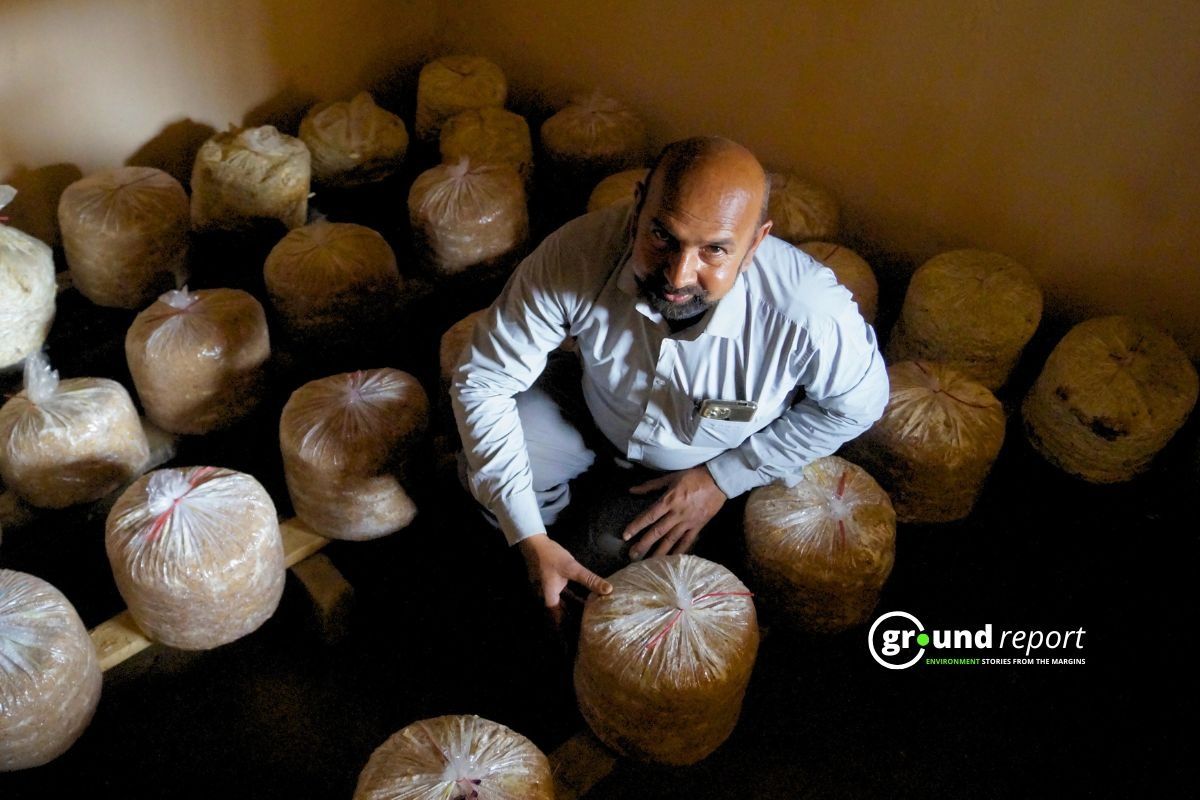A study found high levels of hazardous bisphenol compounds in thermal paper receipts used in India. This raises concerns about health risks and environmental contamination and highlights the need for stricter regulations and safer alternatives.
An environmental research and advocacy organization, Toxics Link, analyzed 20 thermal paper samples from various sources in Delhi, including food establishments, metro stations, ATMs, grocery stores, and e-commerce suppliers in a study.
Toxic chemicals detected in receipts
The study “BPA in Thermal Paper: A Monitoring Study” reveals high Bisphenol-A (BPA) concentration in thermal papers used in labels, tickets, medical charts, points of sale (POS) like restaurants, kiosks, hotels, gas stations, supermarkets, gaming, tickets & tags. The Bureau of Indian Standards has imposed a voluntary BPA use restriction in thermal paper due to health concerns.
Bisphenol A (BPA), a well-known endocrine-disrupting chemical linked to health hazards, was found in 13 out of 20 samples. The concentration levels ranged from 3.63 ppm to 17,400 ppm, exceeding safety thresholds set by regulatory bodies worldwide.
BPA wasn’t the only culprit. Bisphenol S (BPS), often touted as a “safer” alternative, was found in 12 out of 20 samples, with concentrations ranging from 52.8 ppm to 9,300 ppm.
“The availability of BPA-laden thermal paper in shops and online portals doesn’t comply with national standards,” said Piyush Mohapatra, Senior Program Coordinator at Toxics Link. “Due to serious health and environmental concerns, stricter monitoring and a mandatory BPA standard are needed to protect human health.”
The implications of these findings are far-reaching. Thermal paper receipts are used in various settings from restaurants and retail outlets to banking and transportation. The potential for widespread exposure to these harmful chemicals is significant, especially for vulnerable populations like cashiers, food service workers, and public transit users.
The study’s revelations cast doubt on existing regulations to curb BPA usage. In 2021, the Bureau of Indian Standards (BIS) published a voluntary standard (IS 17568:2021) prohibiting the use of BPA in thermal paper. However, the study’s findings indicate a disregard for this standard, highlighting the need for stricter enforcement.
The health risks of BPA and BPS exposure are well-documented. BPA is linked to reproductive, metabolic, and neurodevelopmental issues, and cancer. While BPS was considered safer, evidence suggests it may pose similar or greater risks.
Global Regulation of BPA in Baby Feeding Bottles
Studies indicate that the way the body processes BPA differs between oral and dermal exposures. Dermal exposure results in a longer apparent half-life and a higher ratio of free to total d6-BPA compared to oral exposure. Research suggests that BPA can be absorbed through the skin with minimal metabolism, entering the bloodstream directly. Therefore, a larger proportion of urinary samples exhibit detectable levels of free BPA after dermal exposure compared to oral intake. These findings imply that dermal exposure to BPA may have more significant toxicological implications than oral exposure through diet.
“The study found BPA-free products in Indian markets and the use of BPS as an alternative,” Mohapatra explained. “However, research has highlighted the possible health implications of BPS, and some countries have restricted its use in thermal paper. Therefore, efforts are required to investigate the environmental and health implications of BPA and BPS in India.”
The findings have sparked calls for immediate action from environmental advocates and public health experts. Recommendations include implementing mandatory standards for BPA and BPS in thermal paper, periodic monitoring to prevent non-compliant products, and adopting safer, environmentally friendly alternatives.
“Awareness generation among stakeholders about the existing BIS standards and the potential impacts of BPA and BPS from thermal papers is crucial,” Mohapatra stressed. “Some suggested measures include avoiding taking receipts unless absolutely necessary, opting for online receipts whenever possible, washing hands after handling thermal receipts, and using gloves to minimize risks while handling BPA- or BPS-coated receipts.”
The grappling needs comprehensive action and a shift toward safer, sustainable alternatives.
According to Mohapatra, “Suitable disposal of thermal papers is imperative to minimize wider environmental exposure.” The time has come to prioritize public health and environmental protection. This will foster a future where the convenience of thermal paper receipts does not come at the cost of jeopardizing the well-being of our communities and the planet we call home.
Follow Ground Report for Environmental News From India. Connect with us on Facebook, Twitter, Koo App, Instagram, Whatsapp and YouTube. Write us on GReport2018@gmail.com and subscribe our free newsletter.
Don’t forget to check out our climate glossary, it helps in learning difficult environmental terms in simple language.









